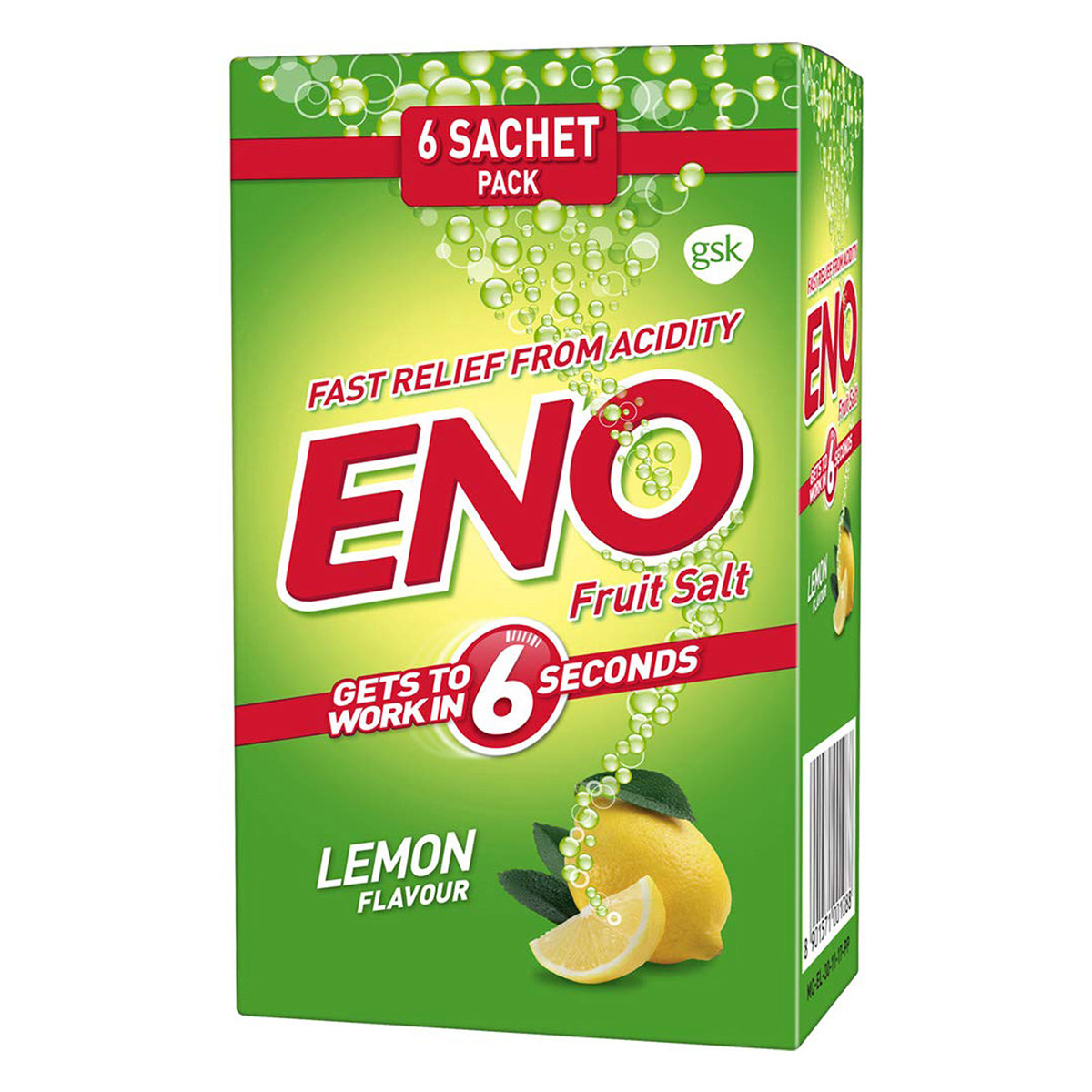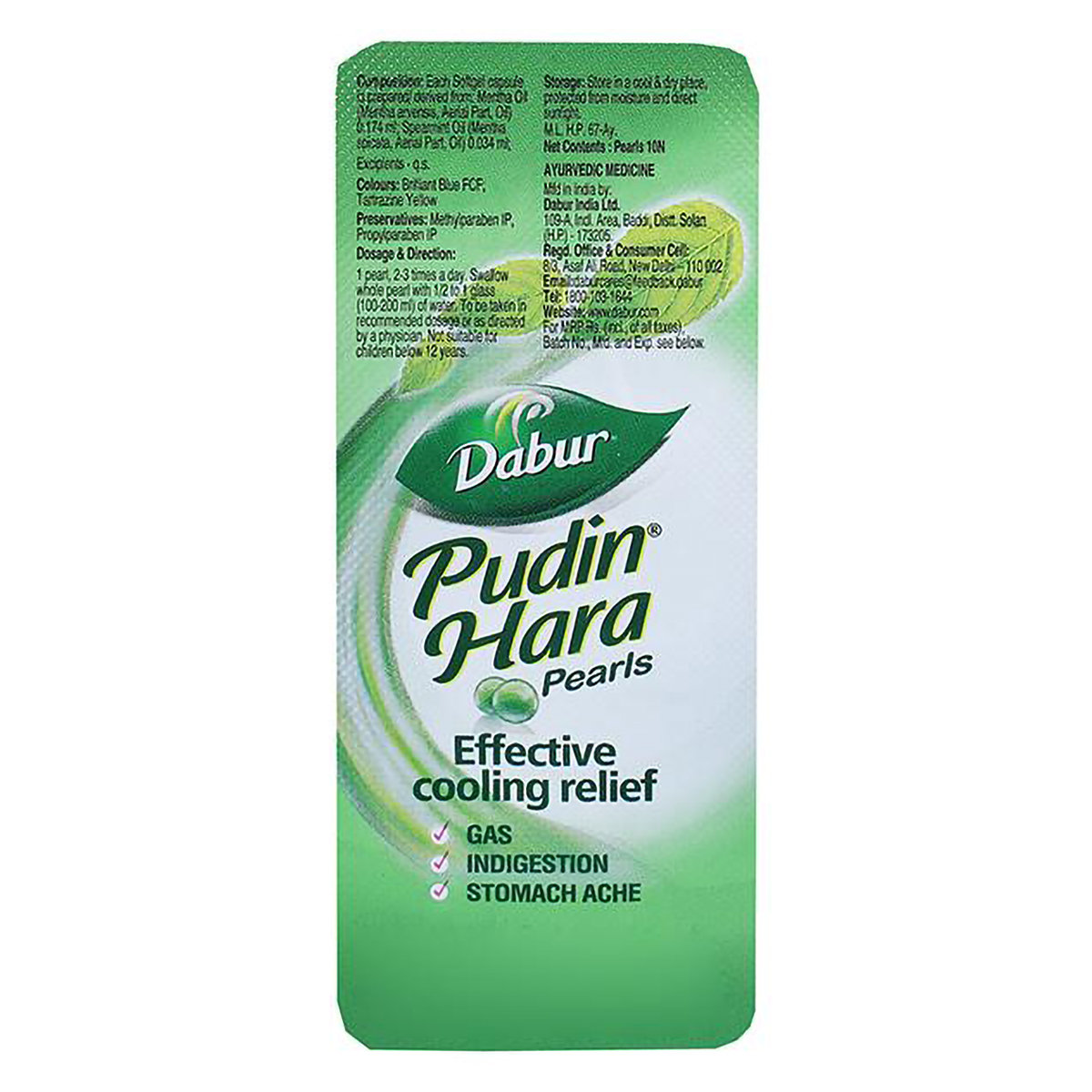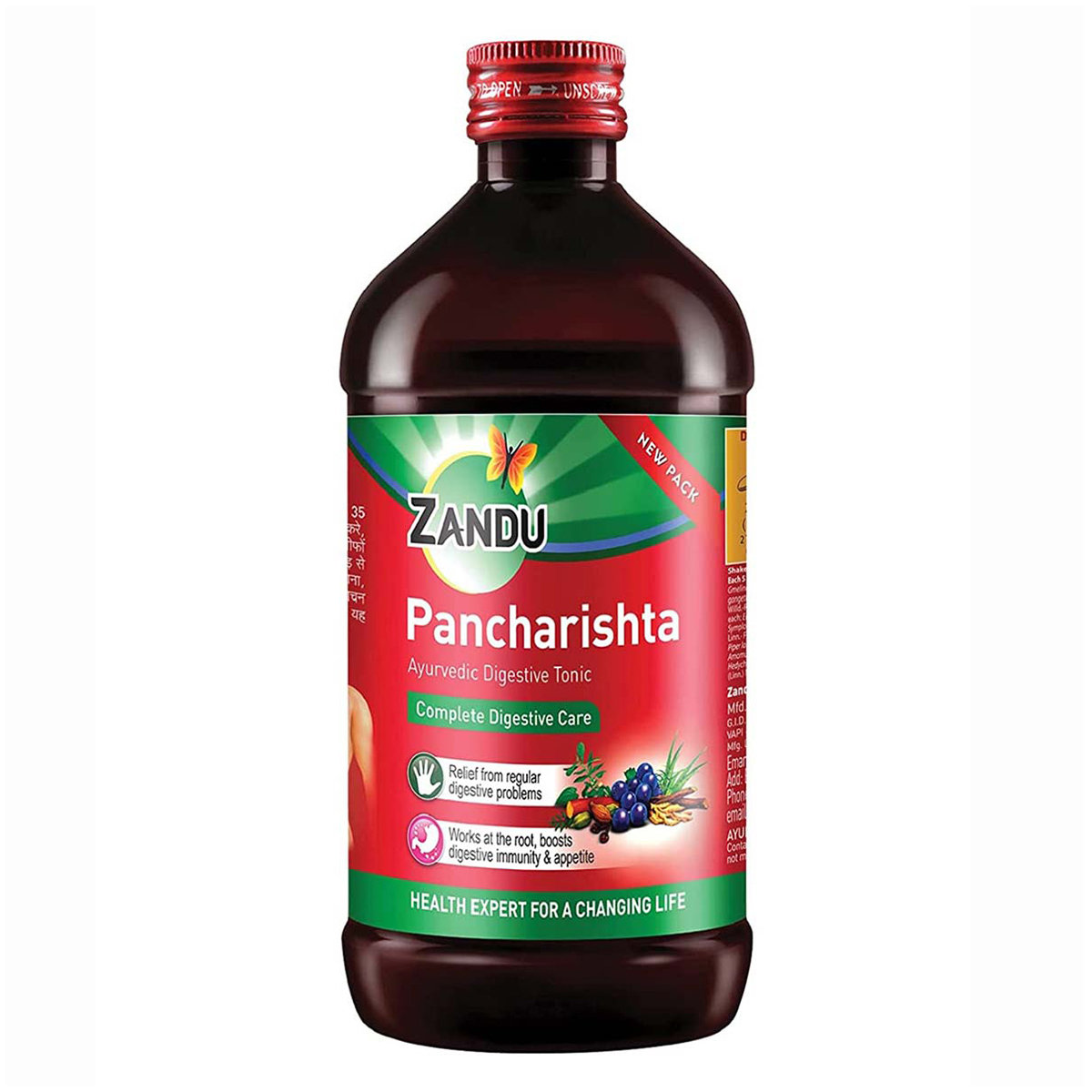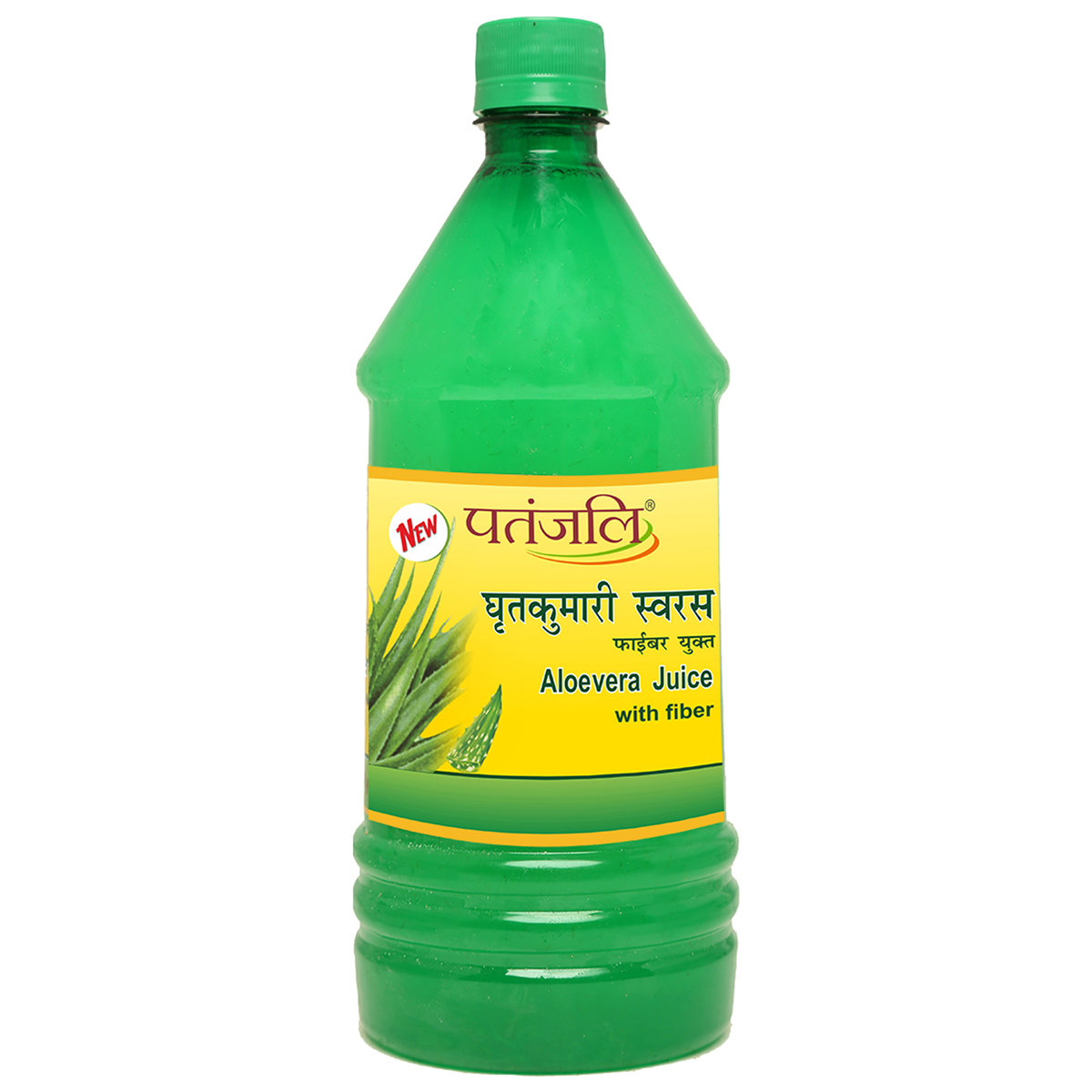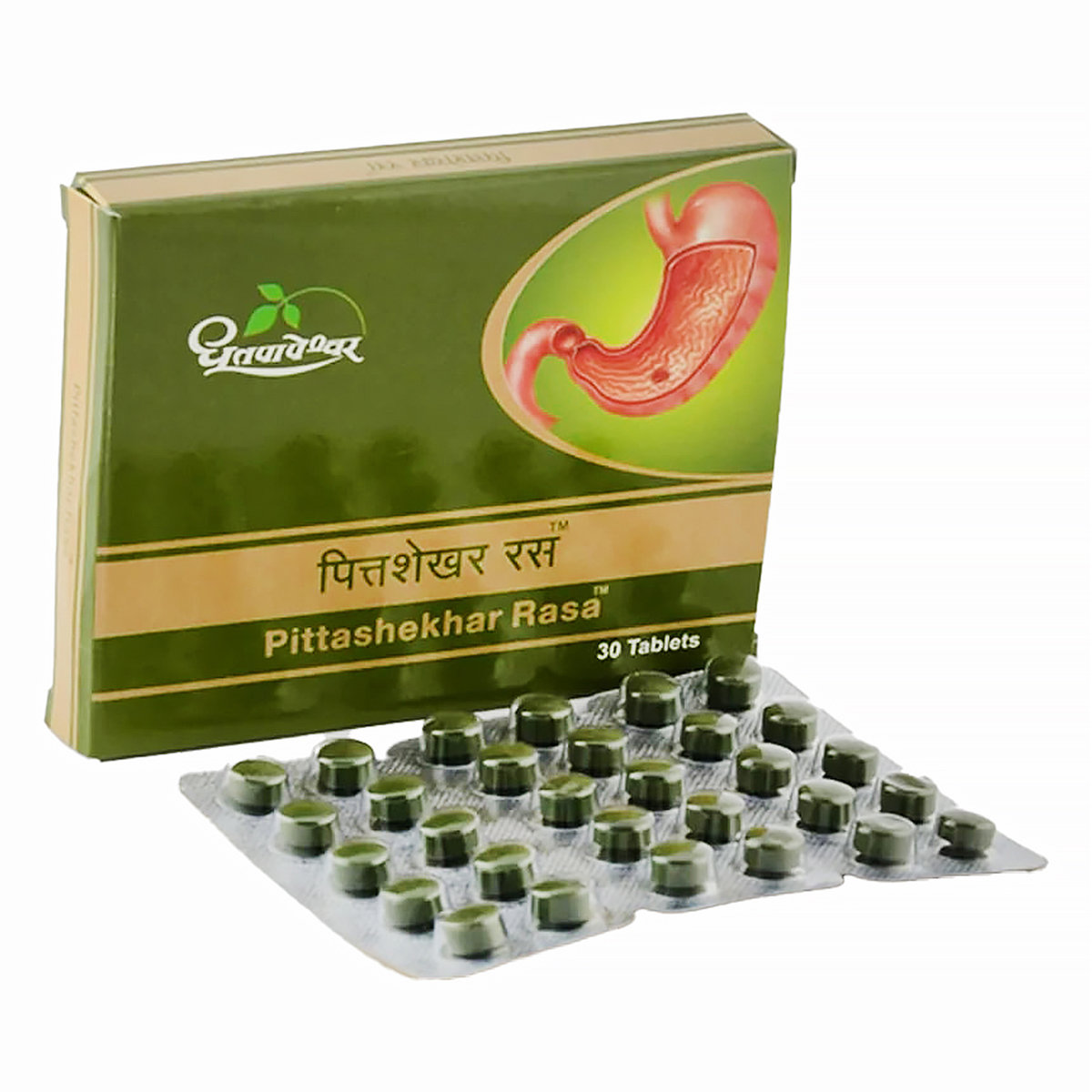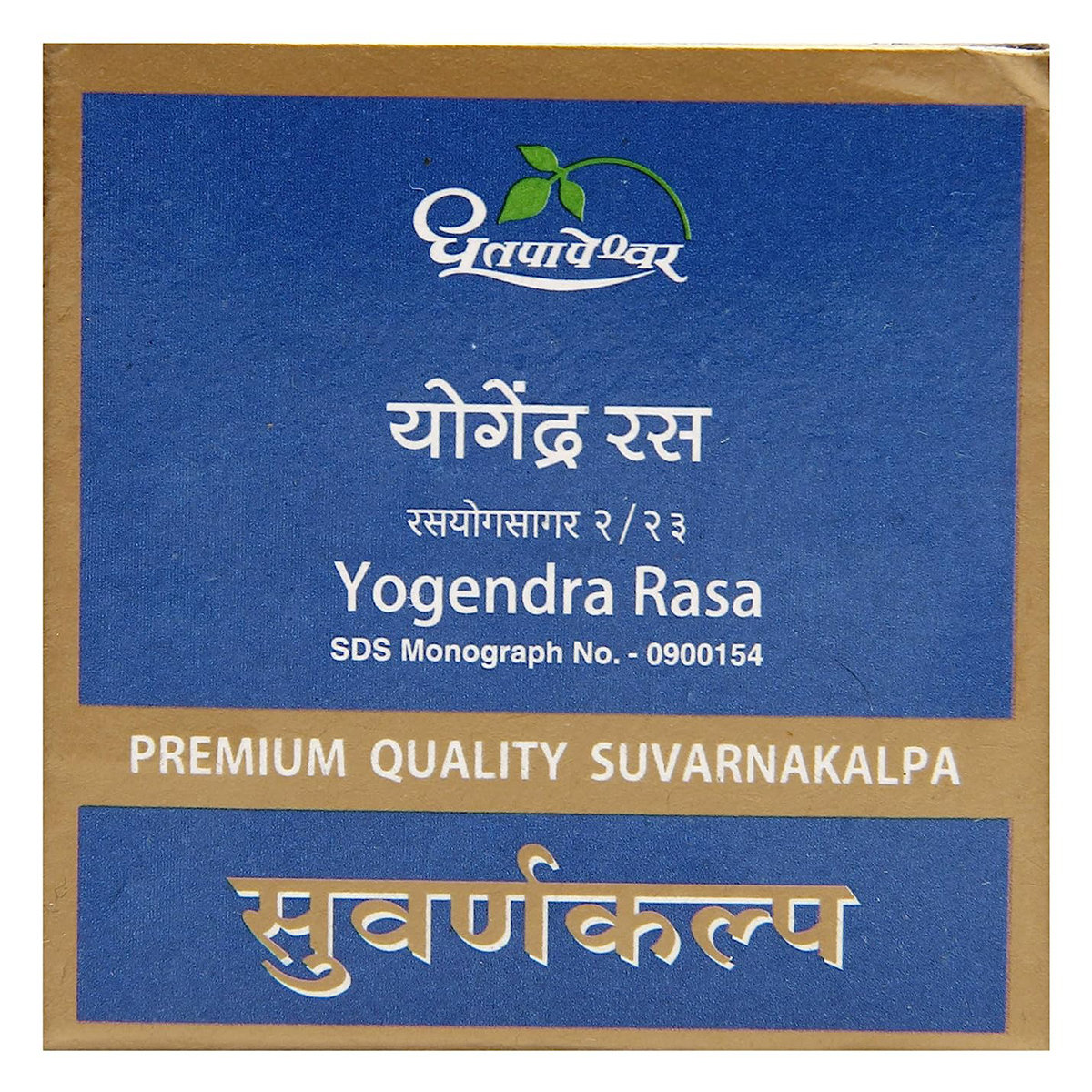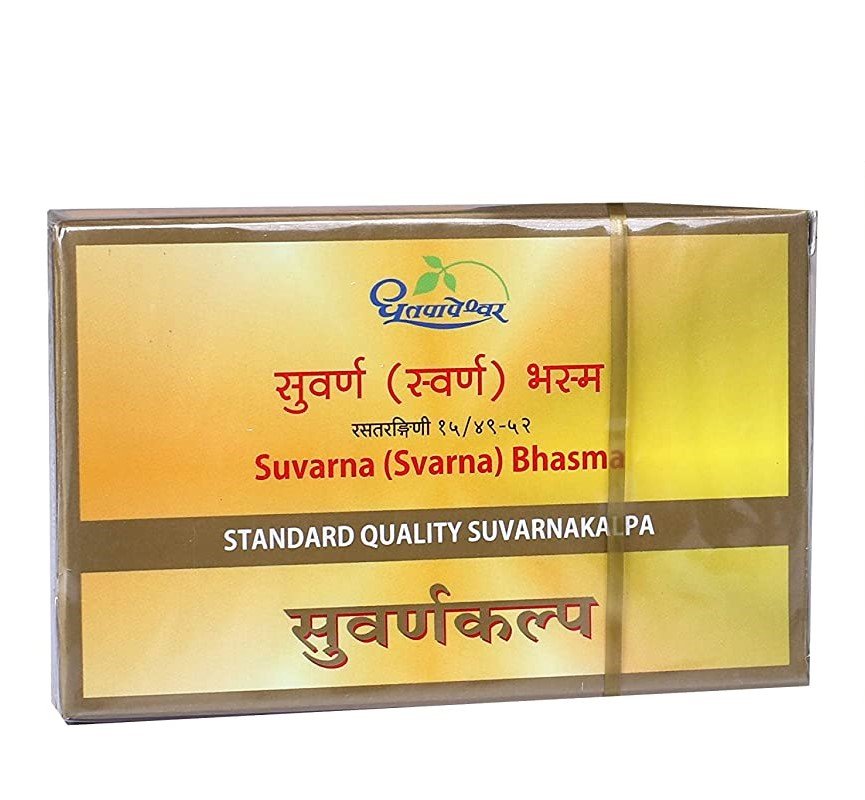Apilok-O Tablet
.jpg?tr=q-85)
MRP ₹68.5
(Inclusive of all Taxes)
₹10.3 Cashback (15%)
know your delivery time
Provide Delivery Location
Composition :
Manufacturer/Marketer :
Consume Type :
Expires on or after :
Return Policy :

Secure Payment

Trusted by 8 Crore Indians

Genuine Products
Therapeutic Class
Country of origin
Manufacturer/Marketer address
Disclaimer
Alcohol
Safe if prescribed
One should avoid consuming alcohol while taking Apilok-O Tablet as this medicine can interact with alcohol and may worsen the side effects.
Pregnancy
Consult your doctor
Apilok-O Tablet is not allowed to use in pregnancy as Apilok-O Tablet can seriously affect the fetus or unborn baby.
Breast Feeding
Consult your doctor
Apilok-O Tablet contains Ondansetron that can pass into breast milk, so a lactating mother should tell their doctor before taking this medicine.
Driving
Safe if prescribed
Apilok-O Tablet may cause dizziness, low blood pressure, headache, drowsiness as a side effect. A person taking Apilok-O Tablet should avoid driving or operating any heavy machinery or tasks requiring mental alertness.
Liver
Consult your doctor
If you have or had a history or evidence of any liver-related diseases, please consult the doctor before taking Apilok-O Tablet .
Kidney
Consult your doctor
If you have or had a history or evidence of any kidney-related diseases, please consult the doctor before taking Apilok-O Tablet .
Children
Safe if prescribed
For children, Apilok-O Tablet is used safely and effectively. The dose needs to be adjusted and recommended by a child specialist.
About Apilok-O Tablet
Apilok-O Tablet belongs to a group of medications called ‘gastrointestinal agent’ and ' anti-emetics'. It is primarily used to treat gastro-oesophageal reflux disease (GERD), indigestion, heartburn, acid reflux, nausea, and vomiting. GERD is a condition in which the valve (sphincter) located at the uppermost part of the stomach gets irritated and damaged due to excessive stomach acid production. As a result, stomach acid enters the food pipe, leading to stomach upset and heartburn. Heartburn is the post-effect of acid reflux with a burning-like feeling that rises from the stomach towards the neck. Nausea is an uneasy feeling in which a person feels an urge to vomit, while vomiting is the natural response to the body to discharge the stomach contents forcefully.
Apilok-O Tablet is a combination of two medicines: Ranitidine (antacid) and ondansetron (antiemetics). Ranitidine, which is an H2 blocker (antacid) which reduces the amount of acid in the stomach and helps relieve acid-related heartburn and indigestion. On the other hand, 'Ondansetron' works by blocking serotonin's action, a natural substance that may cause nausea and vomiting. As a result, Apilok-O Tablet prevents the sensation of nausea and vomiting caused due to conditions like surgery, cancer chemotherapy, pregnancy or motion sickness.
Take Apilok-O Tablet as prescribed by your doctor. You are advised to take Apilok-O Tablet for as long as your doctor has prescribed it for you, depending on your medical condition. You may experience diarrhoea, headache, constipation, fatigue, drowsiness, dryness in the mouth, muscle pain and skin flushing. Most of these side effects of Apilok-O Tablet do not require medical attention and gradually resolve over time. However, if the side effects are persistent, reach out to your doctor.
Try to avoid caffeine-containing beverages (tea, coffee), spicy/deep fried/processed food, carbonated drinks, and acidic food like citrus fruits. Tell your doctor if you have allergic to Apilok-O Tablet , have stomach or intestinal cancer, liver problem, or will have an endoscopy in the future. Tell your doctor if you are facing liver, kidney, or heart disorders. A pregnant woman should tell their doctor about their pregnancy as this medicine cannot be used in pregnancy as it may cause a birth deformity in children. Apilok-O Tablet could pass in breastfeeding milk so it should not be given to a woman who is breastfeeding her baby.
Uses of Apilok-O Tablet
Medicinal Benefits Mweb
Key Benefits
Apilok-O Tablet is a combination of two medicines: Ranitidine (antacid), and ondansetron (antiemetics). It is primarily used to treat gastro-oesophageal reflux disease (GERD), indigestion, heartburn, acid reflux, nausea, and vomiting. Apilok-O Tablet contains Ranitidine which helps reduce the excess amount of stomach acid. In turn, it prevents the formation of an ulcer in the stomach (peptic ulcer) or gastroesophageal reflux disease (GERD) with or without an ulcer. On the other hand, Apilok-O Tablet is used to prevent nausea and vomiting associated with cancer chemotherapy, radiotherapy, surgery, pregnancy and motion sickness in adults and children above four years of age. When serotonin level increases in the blood, it stimulates the CTZ receptor (chemoreceptor trigger zone) located in the brain responsible for controlling nausea and vomiting. Apilok-O Tablet acts by inhibiting the release of this serotonin, thereby preventing nausea and vomiting.
Directions for Use
Side Effects of Apilok-O Tablet
- Diarrhoea
- Headache
- Constipation
- Fatigue
- Drowsiness
- Dryness in mouth
- Muscle pain
- Flushing of skin.
Drug Warnings
You should avoid taking Apilok-O Tablet if you are allergic to Apilok-O Tablet . Before taking Apilok-O Tablet , inform your doctor if you have stomach cancer, diabetes, or liver disease. People with an irregular heartbeat (arrhythmia) and phenylketonuria (too much protein phenylalanine in the blood) should not take Apilok-O Tablet as it may cause severe conditions. A pregnant woman should tell their doctor about their pregnancy as this medicine cannot be used in pregnancy as it may cause a birth deformity in children. Apilok-O Tablet could pass in breastfeeding milk, so it should not be given to a woman who is breastfeeding her baby. Apilok-O Tablet contains lactose so tell your doctor if you have an intolerance to some sugars.
Drug-Drug Interactions
Drug-Drug Interactions
Login/Sign Up
Taking Apilok-O Tab with Ziprasidone can increase the risk of abnormal heart rhythm.
How to manage the interaction:
Taking Apilok-O Tab with Ziprasidone is not recommended, but it can be taken together if prescribed by a doctor. However, consult a doctor if you experience sudden dizziness, lightheadedness, fainting, shortness of breath. Do not discontinue any medications without consulting a doctor.
Co-administration of Apilok-O Tab with Mesalazine can decrease the levels of Mesalazine, which may be less effective in treating a condition.
How to manage the interaction:
There may be a possible interaction between Mesalazine with Apilok-O Tab, but they can be taken together if a doctor has prescribed them. Do not discontinue any medications without consulting a doctor.
Taking atazanavir with Apilok-O Tab can reduce the effectiveness of atazanavir.
How to manage the interaction:
Although taking Apilok-O Tab together with Atazanavir can possibly result in an interaction, they can be taken together if prescribed by your doctor. However, contact your doctor if you experience unusual symptoms. Do not discontinue any medicine without consulting a doctor.
Coadministration of loperamide with Apilok-O Tab may significantly increase the blood levels of loperamide. This can increase the risk of serious side effect like irregular heart rhythm.
How to manage the interaction:
Although taking loperamide with Apilok-O Tab together can result in an interaction, they can be taken if a doctor has prescribed it. However, if you experience sudden dizziness, lightheadedness, fainting, breathing difficulty, or rapid heartbeat, consult the doctor immediately. Do not stop using any medications without talking to a doctor.
Taking Apilok-O Tab and Dasatinib together reduces the effectiveness of Dasatinib.
How to manage the interaction:
Although taking Apilok-O Tab together with Dasatinib can result in an interaction, they can be taken together if prescribed by a doctor. However, contact a doctor if you experience any unusual symptoms. Do not discontinue any medicine without consulting a doctor.
Using Pazopanib with Apilok-O Tab can reduce the effectiveness of pazopanib
How to manage the interaction:
Although taking Apilok-O Tab together with Pazopanib can possibly result in an interaction, but can be taken together if prescribed by a doctor. However, if you experience any unusual symptoms contact your doctor immediately. Do not stop using any medications without first talking to your doctor.
Coadministration of Gefitinib with Apilok-O Tab can reduce the acidity levels in the stomach and also decrease the effectiveness of gefitinib
How to manage the interaction:
Taking Gefitinib with Apilok-O Tab together can possibly result in an interaction, it can be taken if your doctor has advised it. It is recommended that gefitinib is either taken 6 hours before or 6 hours after Apilok-O Tab to help minimize the impact of the interaction. Do not stop using any medications without first talking to your doctor.
Coadministration of Rilpivirine with Apilok-O Tab can reduce the acidity levels in the stomach and also decrease the effectiveness of Rilpivirine.
How to manage the interaction:
Although taking Apilok-O Tab together with Rilpivirine can possibly result in an interaction, they can be taken together if prescribed by your doctor. To reduce the chance of interaction, take Apilok-O Tab at least 12 hours before or 4 hours after taking rilpivirine. Do not discontinue any medicine without consulting a doctor.
Taking Apilok-O Tab along with alfuzosin can increase the chance of a serious abnormal heart rhythm.
How to manage the interaction:
Although taking Apilok-O Tab along with alfuzosin can lead to interaction, they can be taken if prescribed by a doctor. Contact a doctor immediately if you experience sudden dizziness, lightheadedness, fainting, shortness of breath, or heart palpitations. Do not stop using any medications without talking to a doctor.
Taking Apilok-O Tab with crizotinib increases the risk of an abnormal heart rhythm.
How to manage the interaction:
Although taking Apilok-O Tab along with crizotinib can result in an interaction, it can be taken if a doctor has advised it. However, if you experience abrupt dizziness, lightheadedness, fainting, shortness of breath, or rapid heartbeat, consult a doctor. Do not discontinue any medications without a doctor's advice.
Drug-Food Interactions
Drug-Food Interactions
Login/Sign Up
Drug-Diseases Interactions
Drug-Diseases Interactions
Login/Sign Up
Drug-Drug Interactions Checker List
- AMIODARONE
- TRAMADOL
- CLOTRIMAZOLE
- METFORMIN
Habit Forming
Special Advise
- Regular blood pressure monitoring is advised as the use of Apilok-O Tablet may cause bradycardia and cardiac arrest.
- Should inform your doctor if you have Serotonin Syndrome.
Diet & Lifestyle Advise
- Avoid intake of acid or heartburn triggering foods or drinks like onions, peppermint, chocolate, caffeinated beverages, citrus fruits or juices, tomatoes and high-fat and spicy foods.
- Before going to sleep, try to raise your bedhead so that your head and chest are higher than your feet. Do not use piles of pillows, instead, one raised block is fine. This will not allow the stomach acid to backflow through your food pipe.
- Avoid taking alcohol and smoking cigarettes. Alcohol can raise the level of production of stomach acid leading to heartburn and acid reflux. On the other hand, nicotine smoking damages the valve (sphincter), preventing backflow of the stomach acid back into the food pipe.
- A person should take a healthy diet that includes lots of fruits and vegetables, lean meats, skinless poultry, nuts, fish, whole grains, plant-based oils and low-fat dairy products will help to keep a person in good health and avoid chances of nausea and vomiting.
- One should avoid taking greasy or oily foods as this food triggers nausea and vomit.
- Eat cool foods instead of hot and spicy foods.
- Include clear broths, non-fat yoghurt, fruit juice, sherbet, and sports drinks for fluid make up which has got lost due to vomiting.

Have a query?
Buy best Gastro Enterology products by
Abbott India Ltd
Sun Pharmaceutical Industries Ltd
Alkem Laboratories Ltd
Cipla Ltd
Torrent Pharmaceuticals Ltd
Intas Pharmaceuticals Ltd
Mankind Pharma Pvt Ltd
Lupin Ltd
Dr Reddy's Laboratories Ltd
Aristo Pharmaceuticals Pvt Ltd
Alembic Pharmaceuticals Ltd
Wallace Pharmaceuticals Pvt Ltd
La Renon Healthcare Pvt Ltd
Leeford Healthcare Ltd
Macleods Pharmaceuticals Ltd
J B Chemicals & Pharmaceuticals Ltd
Zydus Healthcare Ltd
Micro Labs Ltd
Zydus Cadila
Fourrts India Laboratories Pvt Ltd
Morepen Laboratories Ltd
Zuventus Healthcare Ltd
FDC Ltd
Eris Life Sciences Ltd
Cadila Pharmaceuticals Ltd
Medishri Healthcare Pvt Ltd
Alniche Life Sciences Pvt Ltd
Medley Pharmaceuticals Ltd
Tas Med India Pvt Ltd
Signova Pharma
Tablets India Ltd
Elder Pharmaceuticals Ltd
Wockhardt Ltd
Emcure Pharmaceuticals Ltd
Sanatra Healthcare Ltd
Glenmark Pharmaceuticals Ltd
Blue Cross Laboratories Pvt Ltd
East West Pharma India Pvt Ltd
Hetero Drugs Ltd
Indoco Remedies Ltd
Vasu Organics Pvt Ltd
Biological E Ltd
Primus Remedies Pvt Ltd
Akumentis Healthcare Ltd
Corona Remedies Pvt Ltd
Pfizer Ltd
Albert David Ltd
DR Johns Lab Pharma Pvt Ltd
Ajanta Pharma Ltd
Cadila Healthcare Ltd
Ipca Laboratories Ltd
Ordain Health Care Global Pvt Ltd
Systopic Laboratories Pvt Ltd
Ozone Pharmaceuticals Ltd
Foregen Healthcare Ltd
Medgen Drugs And Laboratories Pvt Ltd
Panacea Biotec Ltd
Samarth Life Sciences Pvt Ltd
Shine Pharmaceuticals Ltd
Adonis Laboratories Pvt Ltd
Dey's Medical Stores (Mfg) Ltd
Eskag Pharma Pvt Ltd
Hetero Healthcare Pvt Ltd
Indchemie Health Specialities Pvt Ltd
Meyer Organics Pvt Ltd
RPG Life Sciences Ltd
Troikaa Pharmaceuticals Ltd
Biochem Pharmaceutical Industries Ltd
Shreya Life Sciences Pvt Ltd
Sinsan Pharmaceuticals Pvt Ltd
3M India Ltd
Chemo Healthcare Pvt Ltd
Levin Life Sciences Pvt Ltd
Meridian Enterprises Pvt Ltd
Overseas Health Care Pvt Ltd
Saf Fermion Ltd
Sanzyme Pvt Ltd
Steris Healthcare
USV Pvt Ltd
Seagull Pharmaceutical Pvt Ltd
Votary Laboratories (India) Ltd
Win Medicare Ltd
Yuventis Pharmaceuticals
Aar Ess Remedies Pvt Ltd
Caplet India Pvt Ltd
Piramal Enterprises Ltd
Sanofi India Ltd
Cnx Health Care Pvt Ltd
Galpha Laboratories Ltd
Intra Labs India Pvt Ltd
Kinesis Pharmaceuticals Pvt Ltd
Msn Laboratories Pvt Ltd
Olcare Laboratories Pvt Ltd
Rapross Pharmaceuticals Pvt Ltd
Ronyd Healthcare Pvt Ltd
Saffron Therapeutics Pvt Ltd
Solariz Healthcare Pvt Ltd
Syndicate Life Sciences Pvt Ltd
Aurz Pharmaceutical Pvt Ltd
Biophar Lifesciences Pvt Ltd
Customers Also Bought


